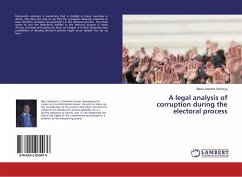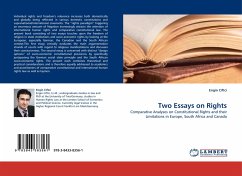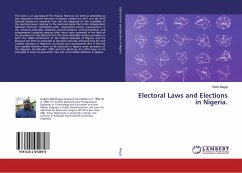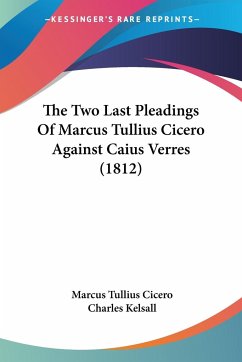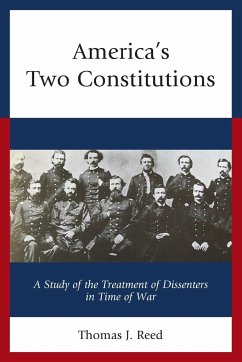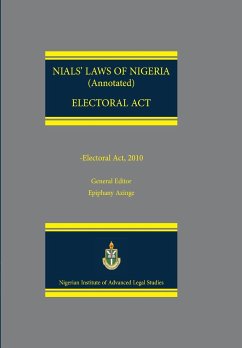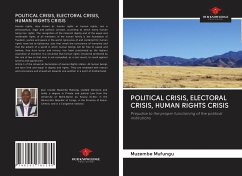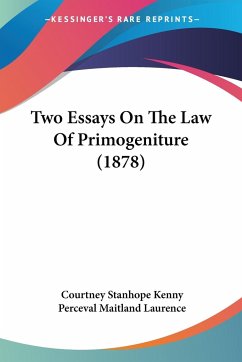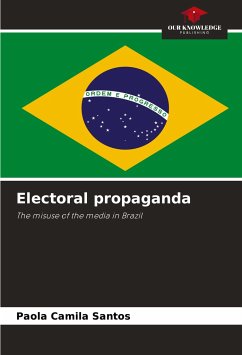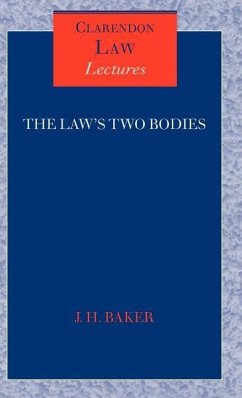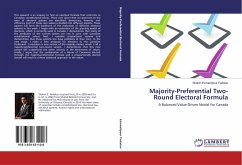
Majority-Preferential Two-Round Electoral Formula
A Balanced Value-Driven Model for Canada
Versandkostenfrei!
Versandfertig in 6-10 Tagen
65,99 €
inkl. MwSt.

PAYBACK Punkte
33 °P sammeln!
This research is an enquiry to find an electoral formula that conforms to Canadian constitutional values. Three core values that are pertinent to the issue of electoral systems are identified: democracy, diversity, and efficiency. Each of these core values is divided into different aspects. These aspects will form the backbone of the evaluation of different electoral systems in this work. I begin with an evaluation of the plurality model of elections, which is currently used in Canada. I demonstrate that many of the attributes of the current system are not in tune with Canadian constitutional ...
This research is an enquiry to find an electoral formula that conforms to Canadian constitutional values. Three core values that are pertinent to the issue of electoral systems are identified: democracy, diversity, and efficiency. Each of these core values is divided into different aspects. These aspects will form the backbone of the evaluation of different electoral systems in this work. I begin with an evaluation of the plurality model of elections, which is currently used in Canada. I demonstrate that many of the attributes of the current system are not in tune with Canadian constitutional values. Next, I examine proportional systems and demonstrate that these systems too have problems of their own. In the next stage, I make a new proposal for elections to the Canadian Parliament. I introduce a new variant of the majority model, which I call a majority-preferential two-round variant. I demonstrate that this new variant will outperform the other variants in the attainment of values. Finally, I argue that the combination of a House of Commons elected through the majority-preferential formula and a proportionally elected Senate will result in a more balanced approach to the values.



